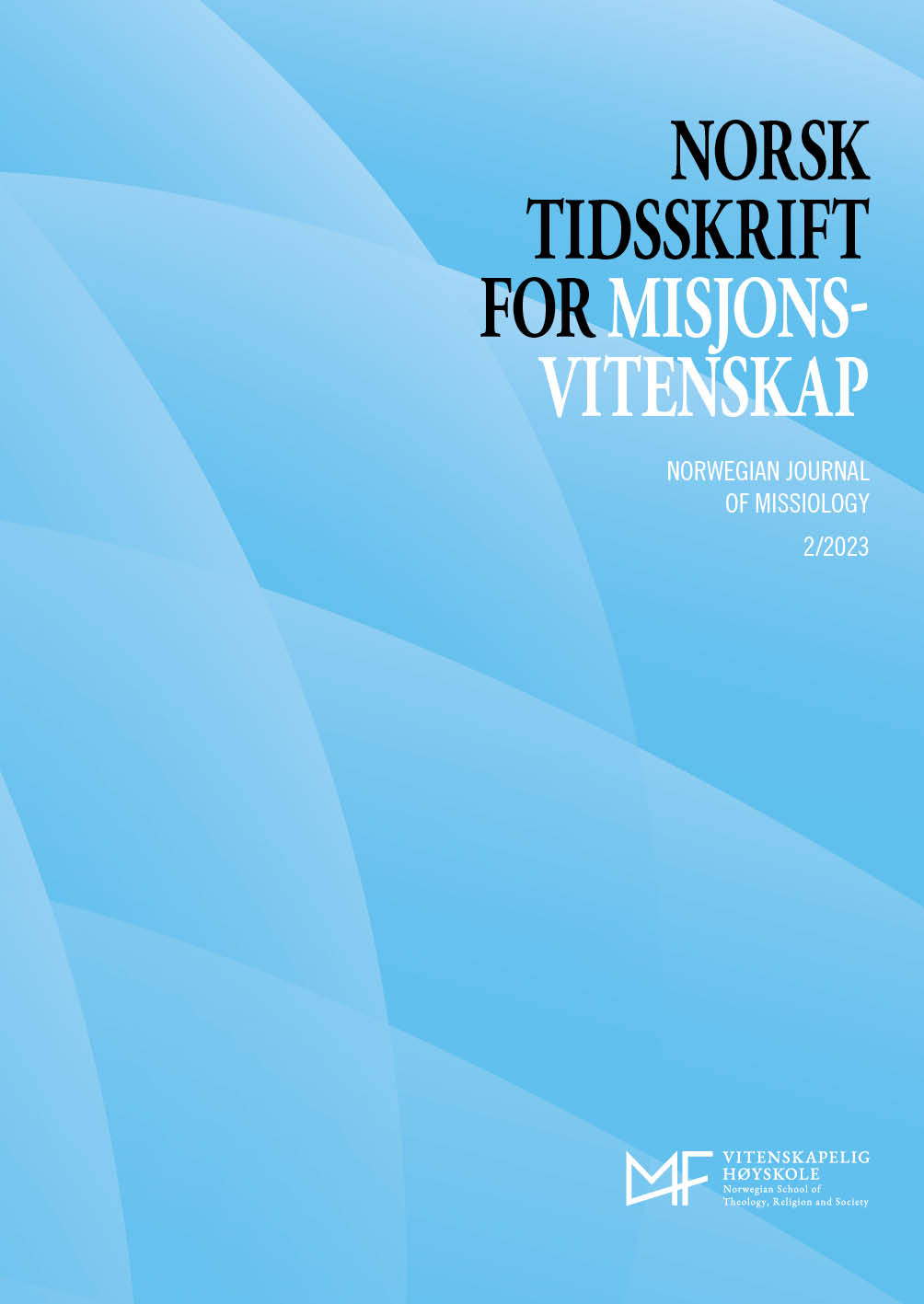Interdenominational Co-operation contra Lutheran Orthodoxy?
The National Christian Council of China and the Norwegian Lutheran Mission
DOI:
https://doi.org/10.48626/ntm.v77i2.5555Resumé
In the history of twentieth-century global Protestantism, causative relationships have often been seen in the cooperation of missionary organisations and the subsequent development of ecumenical relations between their sponsoring denominations. A key example is the World Missionary Conference of 1910, from which numerous such ties sprang. One of these was the National Christian Conference in Shanghai, which attracted representatives of well over 100 agencies and gave rise to the National Christian Council of China and it, in turn, to the Church of Christ in China. However, owing in large measure to theological differences, that composite denomination failed to attract numerous missionary agencies in China. However, that body failed to attract and retain many of the denominations which then existed in the land. Various strains of post-orthodox theology had been brought to China, where the strife continued. Many conservatives refused to participate in ecumenical ventures. One such organisation which only briefly participated was the Norwegian Lutheran Mission. It was involved in the National Christian Conference in 1922 and briefly in the NCC but soon cut its ties to that organisation. This article explores reasons for the brevity of this participation and places it into the context of Norwegian Lutheranism early in the 20th century.
Downloads
Metrik
Downloads
Publiceret
Nummer
Sektion
Licens
Copyright (c) 2023 Norwegian Journal of Missiology

Dette værk er under følgende licens Creative Commons Navngivelse – Ikke-kommerciel – Ingen Bearbejdede Værker (by-nc-nd).
Norsk Tidsskrift for Misjonsvitenskap er i dag et digitalt tidsskrift som er tilgjengelig gratis for alle. Artikler gjøres offentlig tilgjengelige med en såkaldt Creative Commons lisens CC BY-ND på tidsskriftets hjemmeside. Dette innebærer at alle står fritt til å gjenbruke artikkelen under forutsetning av at opphavspersonen blir navngitt.





